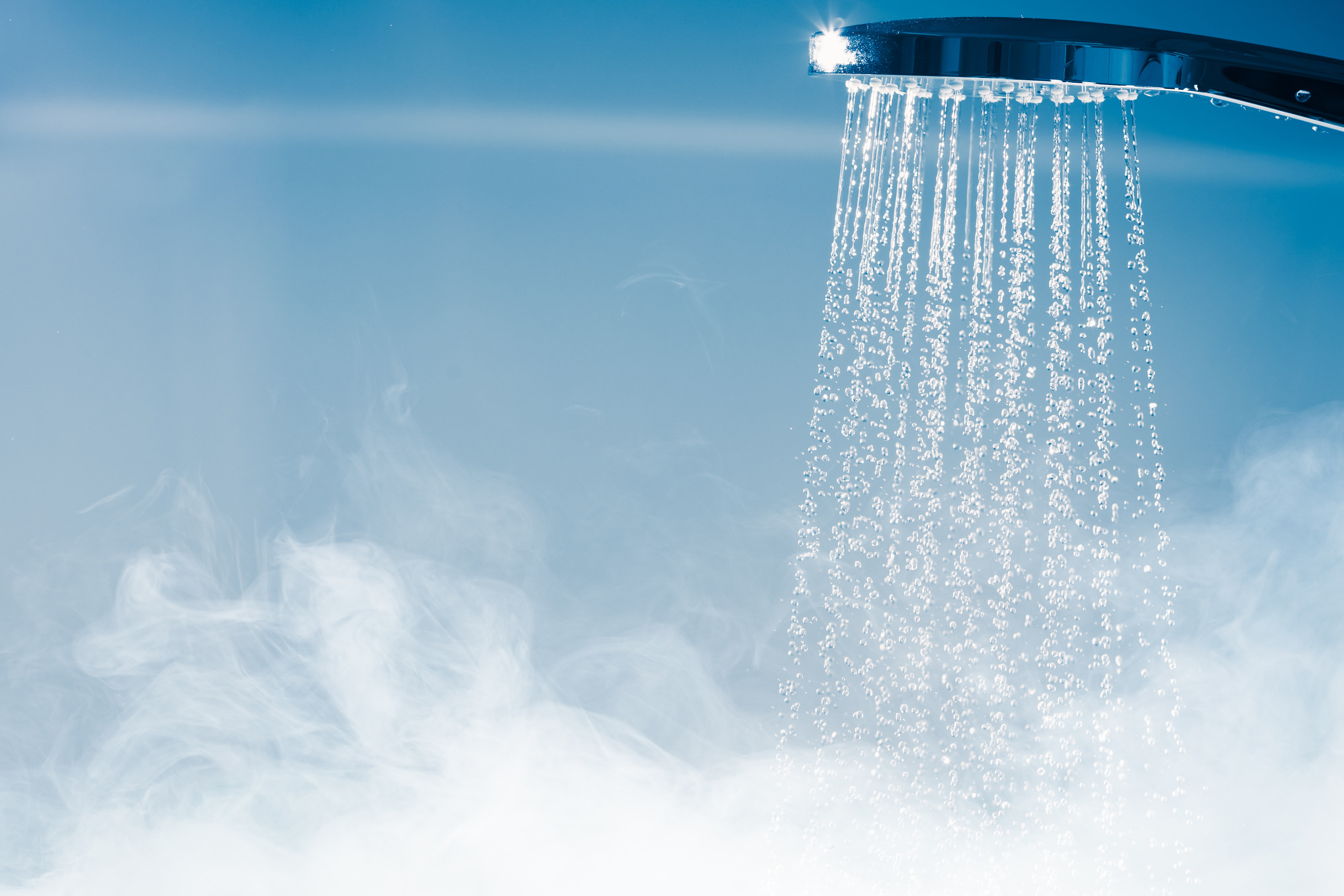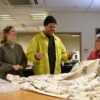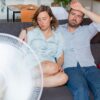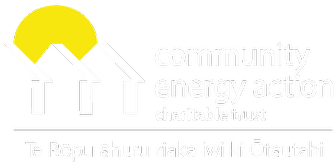Healthy Hot Water
Hot water is essential for a healthy home and is used for showers, washing clothes and baths. In modern households where reducing your energy usage is important, managing your hot water system becomes crucial.
By implementing a few key strategies, you can optimize the performance of your hot water system to reduce energy consumption and associated costs.
Here are some tips to get the most out of your hot water, and ensure you’re using it efficiently.
Check your energy efficiency
Around 30% of the energy required to run a home in New Zealand is used to heat water. Whatever hot water system you have, there are easy ways to manage your water usage and reduce your energy use.
- If your shower fills a 10-litre bucket in less than a minute, it’s wasting water. Replace your shower head for one with a more efficient flow rate of 9 litres a minute or less. Or, you can install an affordable shower flow restrictor. Reducing the flow rate by 1 litre per minute could save you around $80.00 per year. If you want to save on your power bill, monitor your shower length.
- Flow control aerators for taps cost between $10 and $30 and can halve the volume of water you use while still giving good pressure. They’re perfect for taps over sinks or tubs that aren’t filled regularly, so the water flow volume is less important.
- A dripping hot water tap can waste around 7 litres of water every day, contributing around $40 of energy each year. Replacing the washer will only cost a few dollars.
- If your hot water cylinder was installed before 2002, it probably isn’t well insulated. Wrap your hot water cylinder and lag the first 1-1.5m of hot water pipe coming off it. Wraps cost around $80.00, and pipe insulation is about $14.95 a meter. For an older (pre-1987) cylinder and pipes, you could save up to $85.00 a year.
- Some electric cylinders have an open vent pipe that sticks up above the roof. If it leaks continuously, it’s wasting hot water and you need a plumber to check it.
- Use cold water for washing your clothes. At four loads a week, this could save you around $55 to $80.00 a year.
- Only run the dishwasher when fully loaded. Use the ‘eco’ setting if your dishwasher has one.
- Look at the energy efficiency labels before purchasing new appliances. The more stars an appliance has, the more energy efficient it is, which could potentially save thousands of litres per year. Although these appliances might be more expensive, you can save in the long run through their efficiency.
For more tips on how to save on your hot water usage, check out this blog.
Here are some quick tips to ensure your hot water is healthy and set to the correct temperature.
Check your hot water cylinder temperature
The Building Code requires hot water systems to be capable of being controlled to prevent the growth of Legionella Bacteria. To achieve this the water heater thermostat must be set to a minimum temperature of 60°c.
Legionella Bacteria can grow in water temperatures of 20 to 45°c. They thrive at temperatures between 32 to 44°c, but can’t live at 60°c or higher.
Have your hot water cylinder temperature checked to make sure it’s 60°c.
Ensure the water temperature isn’t too hot
The Building Code states that in the home, the maximum water temperature at the tap for showers, baths and hand basins is 55°c. So, you may need a tempering valve installed. In some places such as childcare centres, schools and retirement homes, the temperature must be no higher than 45°c at the tap.
To ensure the temperature at the tap is safe a tempering valve can be used. A tempering valve automatically mixes a little cold water with the hot to make sure the temperature isn’t too high.
Tempering valves are especially important with solar or wetback systems where the temperature in the cylinder can get very high. Try to use the cold setting on taps where possible.
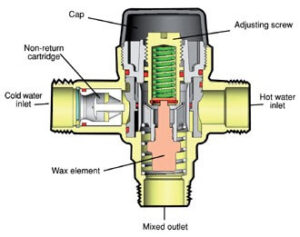
Need more help?
Contact us if you need help checking these measures or aren’t confident about the results. We offer free in-home energy advice and can help ensure your home is energy efficient and not wasting power.

